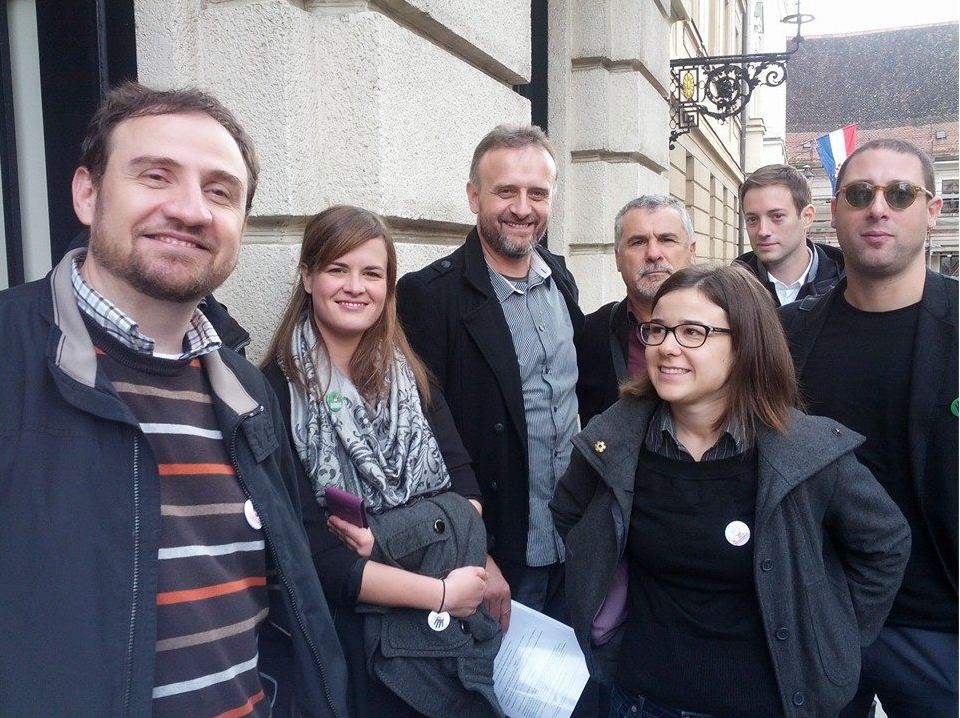The leader of a civil society group heading a campaign against the government’s plan to lease motorways, unionist Mijat Stanic, on Friday welcomed the government’s decision to back down from this idea, adding that the group would not back out of their demand for a referendum as they wanted to ban leasing motorways by law.
Prime Minister Zoran Milanovic has said that the government has given up its plan to monetise the debt of two state-owned motorway operators by leasing out motorways, saying that motorways will be given to pension funds and interested members of the public for management.
“We all know with how much resistance the debt monetisation plan was met, it was said that we were selling off our national assets. I still don’t agree with such statements. But now we have turned to the option of offering the motorways only to domestic pension funds and citizens,” Milanovic said on Friday in the northern town of Koprivnica, where he attended the 14th meeting of exporters, organised by the business newspaper Lider.
He confirmed that with that option the state budget would be freed from loan liabilities consisting of a principal of four billion kuna plus as much interest. “The entire amount would have been paid by citizens through road tolls and petrol excise taxes over the next 25 years. This way, all financial obligations would be taken over by the investors, namely pension funds,” the PM said.
Late last year, non-binding offers were submitted for a licence to operate Croatian motorways. They were reportedly submitted by the investment bank Goldman Sachs together with Croatian pensions funds, by Austria’s Strabag and Australia’s Macquarie Group. This was followed by a negotiating process, and in April the bidders were to have been invited to submit binding bids. After that, the best bid was to have been selected.
However, the entire process was overshadowed by a possible referendum with citizens voting for or against the government’s plan. A civil society group heading a campaign against the government’s plan managed to collect sufficient signatures and the referendum question was submitted to be checked for compliance with the constitution.
Meanwhile, the government defined a fall-back plan, namely to raise capital through an initial public offering, with 51% of the stock of the HAC ONC motorway maintenance and toll company being offered for purchase by domestic pension funds, HAC ONC employees and citizens. The media have reported that of the 51% stake, a minimum 80% would be offered to domestic pension funds and the rest to citizens. That way, 1.2 billion euros would be raised.
“(The decision) is logical because it is obvious to everyone that the initiative to call a referendum has collected sufficient signatures and that the monetisation project would have been brought down in the referendum,” Stanic told Hina.
He believes that it was wise for the government to have backed down from leasing the motorways before the matter went to referendum and that it was necessary to immediately start working on settling the debt of the national motorway operators Hrvatske Autoceste (HAC) and Autocesta Rijeka-Zagreb (ARZ).
That debt, Stanic believes, should be solved be re-scheduling loans and issuing bonds, which would require fuel excise taxes, which had been re-allocated as part of the motorway lease project, to be redirected back to the motorway operators. He added that interest rates on loans had never been lower and that Finance Minister Boris Lalovac had recently said that HAC could take a loan with a 1.5% interest rate.
